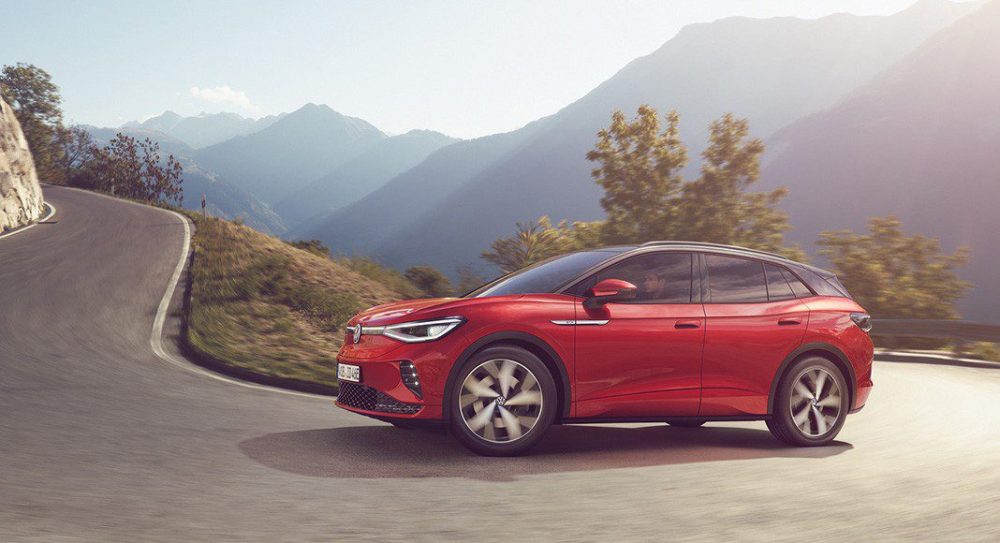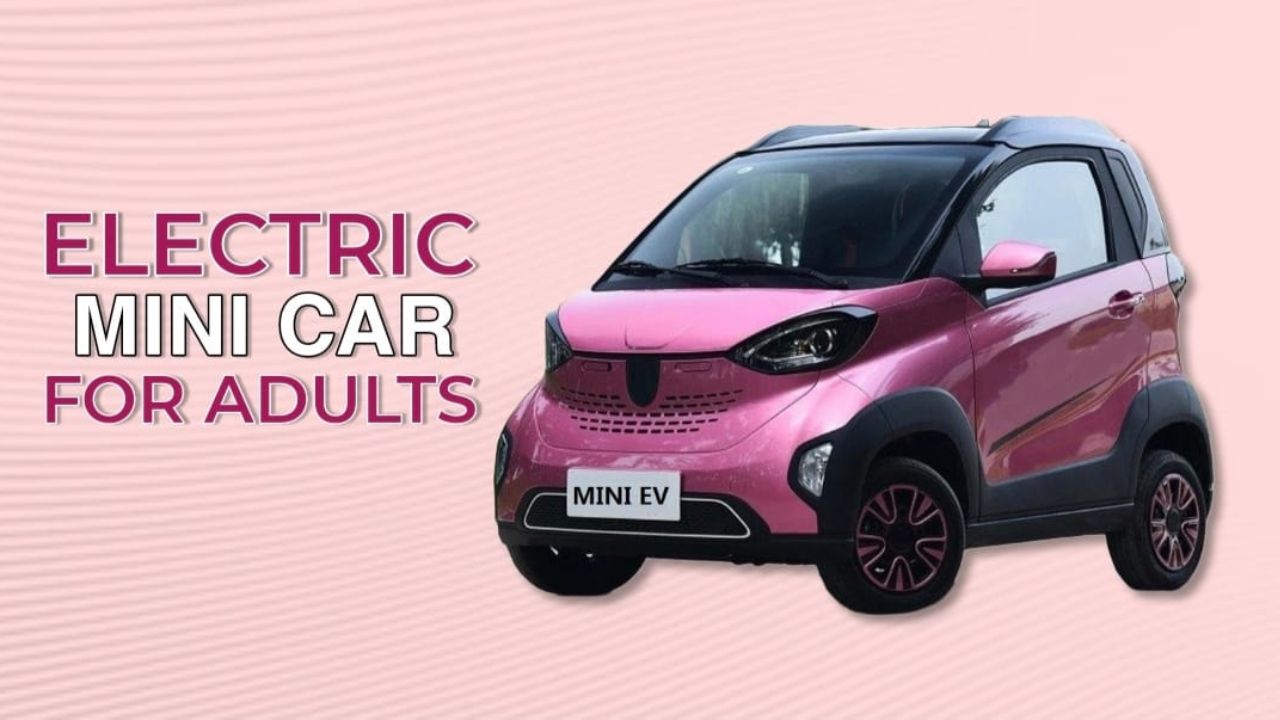All you should know the tips to charge car battery if you have a car or drive an automobile. Discharging the battery completely, overcharging it or abusing fast charging, are some of the mistakes we make when taking care of the battery of our electric car.
DO NOT LET THE BATTERY DISCHARGE AT ALL
There is a general belief that batteries will last if they are allowed to discharge completely. This idea arose from the appearance of the first mobile phones, which were composed of nickel batteries and therefore it was good that they were discharged. However, the batteries in electric cars, like those in today’s smartphones, are made for the vast majority of lithium ion , so letting them discharge completely can be counterproductive .
Electric car manufacturers claim that this is due to the “memory effect” of batteries, a phenomenon that lithium ion batteries do not have. The lifespan of these new lithium ion batteries is measured by full charge cycles , so if we don’t wait for the battery to completely run out, it will last longer, as it will have fewer completed life cycles.
DO NOT OVER CHARGE THE BATTERY
Just as it is counterproductive to let the battery drain completely, it is also harmful to continue charging the battery when it has reached 100% charge. However, this does not mean that if you are going to charge your electric car overnight you have to be aware of unplugging it when it is fully charged, since most electric car chargers are intelligent and stop charging when the battery has reached its 100%.
It is recommended that the car battery does not drop below 15% , and that when it is recharged outside the home, it reaches 80% battery . In this way, its useful life will be optimized to the maximum.
DO NOT LEAVE THE CAR UNLOADED FOR MORE THAN 15 DAYS
Leaving the car stopped for a long period of time can damage the battery , so it must be charged at least once every 15 days , even if you are not going to use it. It is recommended that the battery is at least 20% of its capacity before using the electric vehicle again. In case it cannot be avoided and the car has been standing still for several months, it is advisable to carry out a couple of charges of up to 80% before using it.
DRIVE EFFICIENTLY
The way you drive also influences the optimization of the battery, since it will last much longer if you practice correct and efficient driving . We understand by efficient the fact of driving at an adequate speed, without abusing the air conditioning and taking advantage of all the vehicle’s systems such as, for example, regenerative braking. It is also very important that you check your tire pressure, that you do not carry excess luggage in the car, and that you use Eco mode when possible.
BE CAREFUL WITH THE TIME
Weather conditions can also affect the duration of the battery charge. Excessive heat will cause the battery to last less , so you should not park your car in the sun, especially in the summer months. It is also advisable that you leave the car covered in the garage and connected, so that the cooling system works. For this reason, it is essential that you check the coolant of the batteries, although you will not have to carry out the first check until you reach 170,000 kilometers.
DON’T ABUSE FAST CHARGING
Although there are situations where it cannot be avoided, such as on a road trip, ideally you should use normal charging instead of fast charging, whenever you can.
PLAN YOUR REFILLS
It is highly recommended that you develop and establish a daily charging routine , so that the car is always ready. If the charging point allows it, it is best to schedule the car charge so that it is ready one hour before use.







































